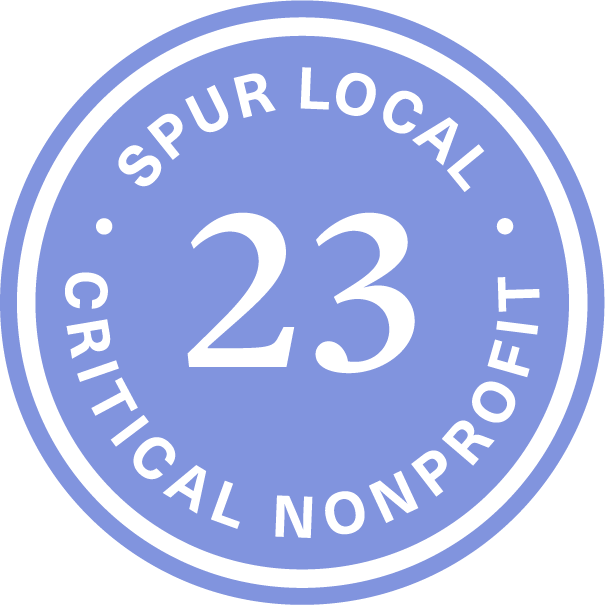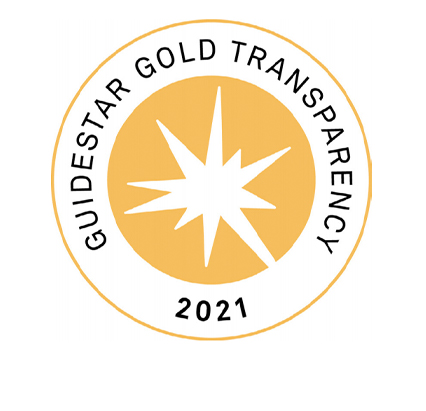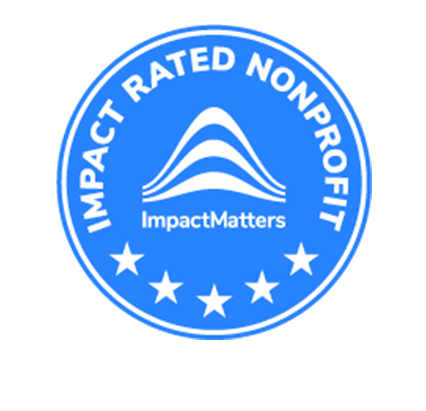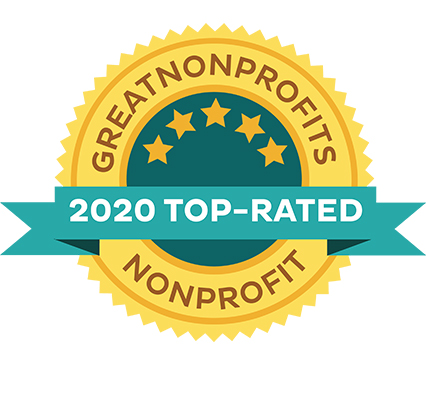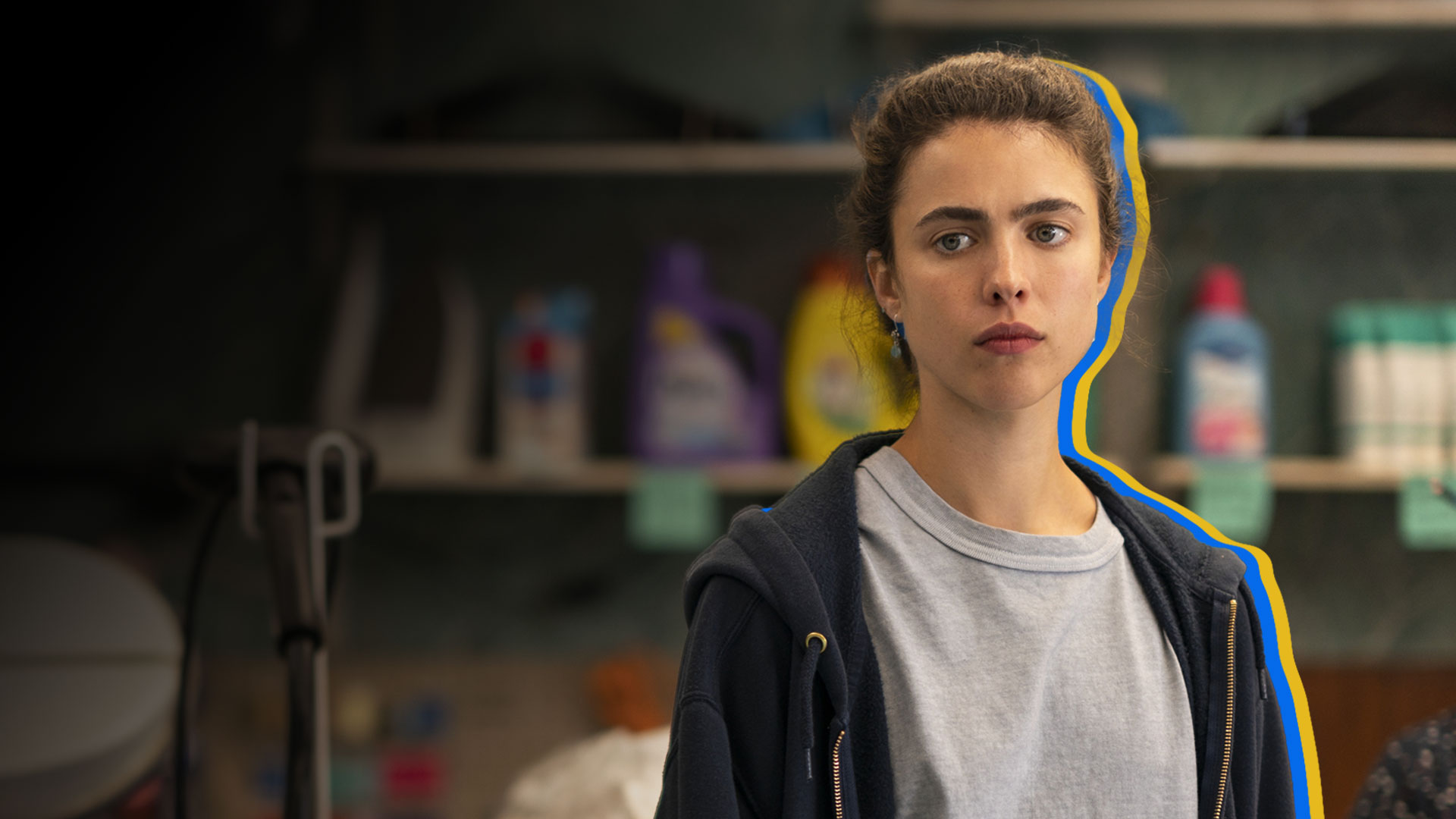
We know that @Netflix’s hit series #MAID struck a chord with many of you. We’ve heard from volunteers, donors, and victims, about how the show inspired you to act and give back. We also wanted to illustrate that while the show is loosely based on one woman’s story, Author @stepville, its themes and situations are all to real for the millions who will find themselves in need of transitional housing this year alone.
Here’s our list of the top 5 things MAID got right about transitional housing and domestic abuse.
5 – The family court system’s bias against mother’s claiming abuse
In Maid we see the character of Alex temporarily lose custody of her daughter after claiming abuse in family court. While every case is unique, several studies have shown that mothers who report abuse – particularly child abuse – are losing custody of their children at staggering rates. Such studies highlight a “lack of education and training on domestic violence and child abuse in family courts.”
4 – Stereotypes and inaccurate perceptions of people on welfare
Maid frequently illustrates the shame Alex experiences while receiving SNAP, a form of government assistance, and the judgement she receives while using it. But like Alex, most recipients of welfare programs are only on it for a short time, 1-12 months on average before they are able to obtain jobs and exit the program.
3 – Getting out is not easy
One of the things Maid does best is showing the viewer why it is so hard to detangle yourself from an abusive relationship. We often hear it takes seven times before someone can permanently leave an abuser but this isn’t purely due to emotional manipulation or coercive control. Kids, isolation, lack of resources, the threat of worse violence, cultural beliefs and institutional responses all play a role in making it difficult to leave an abusive situation permanently.
2 – Transitional housing is more than just shelter
A common misconception is that emergency shelters provide just a roof and a meal. This is far from the truth. Most transitional housing programs, including DASH, provide a variety of services which can include counseling and support groups like the one Alex participates in and eventually leads, childcare, transportation, life skills, education and or job training, if needed. It takes a lot to make someone whole again after leaving an abusive situation.
1 – Emotional Abuse is abuse
Probably the compelling, and desperately needed, part of Maid’s depiction of abuse is that it does not involve physical violence. Thanks in large part to historical media depictions of violence against women, most people still have a hard time grappling with the variety of ways in which abusers inflict abuse. Even Alex herself does not initially think she has been abused. She is never beaten by her boyfriend, but she is physically and sexually intimidated. He steals her only mode of transportation, effectively isolating her and her child, cuts her off financially, screams and breaks things around the home. These acts can often be excused as “letting off steam” or being “a little controlling” but they are in fact abuse.
Donovan Trott, Manager, Development & Communications

